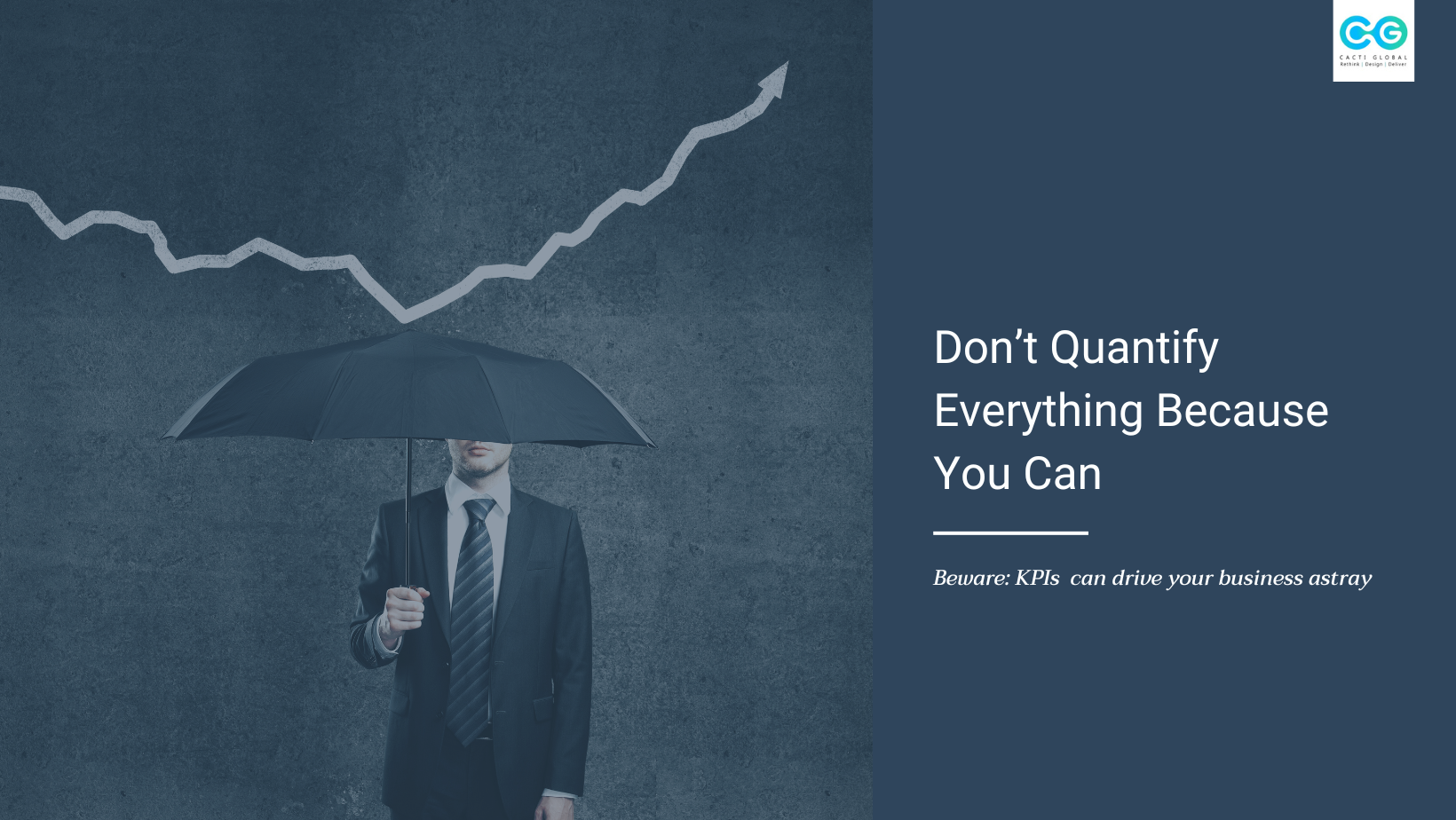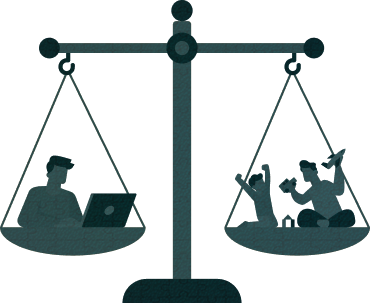KPIs are data-driven but businesses are people-driven.
Having a singular focus on KPIs and neglecting the unique requirements of organizations can cause detrimental effects and lead to a loss in productivity by lowering employee performance. Leaders who focus solely on KPIs find that their businesses suffer from higher employee turnovers and end up creating toxic work environments.
Humans are not machines and KPIs do not always provide actionable insights, even if they seem to at first glance. They quantify performance and it’s important to note that too many KPIs can cause more problems than what they fix. How?
1) KPIs Prioritizes Performance Over Change
Every organization is different and has a unique set of goals they set out to accomplish. KPIs collect and analyze data which is used to identify performance improvement opportunities. Any improvements implemented must be feasible, and relevant, and balance out business workflows naturally. However, this is where things can go south. Data used to map out these KPIs may change or can be unavailable. If the organization’s goals change, the data changes as well and variables may get discarded, thus impacting overall performance.
If an organization stresses a lot on the KPIs, then employees are forced to keep showing good performance even if that means that the much-needed change is foregone, which in turn harms the organization in the long run.
2) Qualitative Improvement is not taken into Consideration
KPI measurements need to be quantitive which makes them rigid. They are estimated based on different criteria and conditions. Although on the surface KPIs may prove to be effective for change management, improving workforce capabilities, and policy advice, they are not adaptive, flexible, or versatile enough for sudden fluctuations.
KPIs are unable to measure the qualitative aspects of the business like good relations with partners and customers, better well-being of employees, increased trust of various stakeholders, etc. These qualitative factors when not given heed to are ignored and employees too are not motivated to focus on them, when these are the very factors that give comparative advantage to the business, this not only demotivates employees but also ends up affecting employee’s performance negatively.
3) KPIs May Be Completely Wrong
Sometimes organizations use KPIs thinking they are progressing towards their desired milestones. And KPIs are used to measure actions by using multiple data sources. But what if the KPIs being considered are completely wrong? False positives, data outliers, and misinterpretations can be common.
There is a chance that the organization is measuring the wrong metrics as KPIs and not moving in the right direction. Hence KPIs are good to have but they should not be the only thing that is determining the business decisions.
How to Balance KPIs with the Human Element
Organizations can balance KPIs with the human element and create positive work environments by taking a balanced approach. By recognizing human values, and innovation, and fostering a sense of engagement through collaboration, companies can reduce the stress on employees and make their jobs more fulfilling.
Good leadership and teamwork play a critical role in keeping employees motivated. Ultimately, KPIs are a standard metric and although they are important for measuring success, the sole focus should not be on them. Instead, companies should take a human-centered approach to workplace improvements, focus on engagement, and use KPIs as a supplement for goal setting, motivation, and staying on track with bigger milestones.











